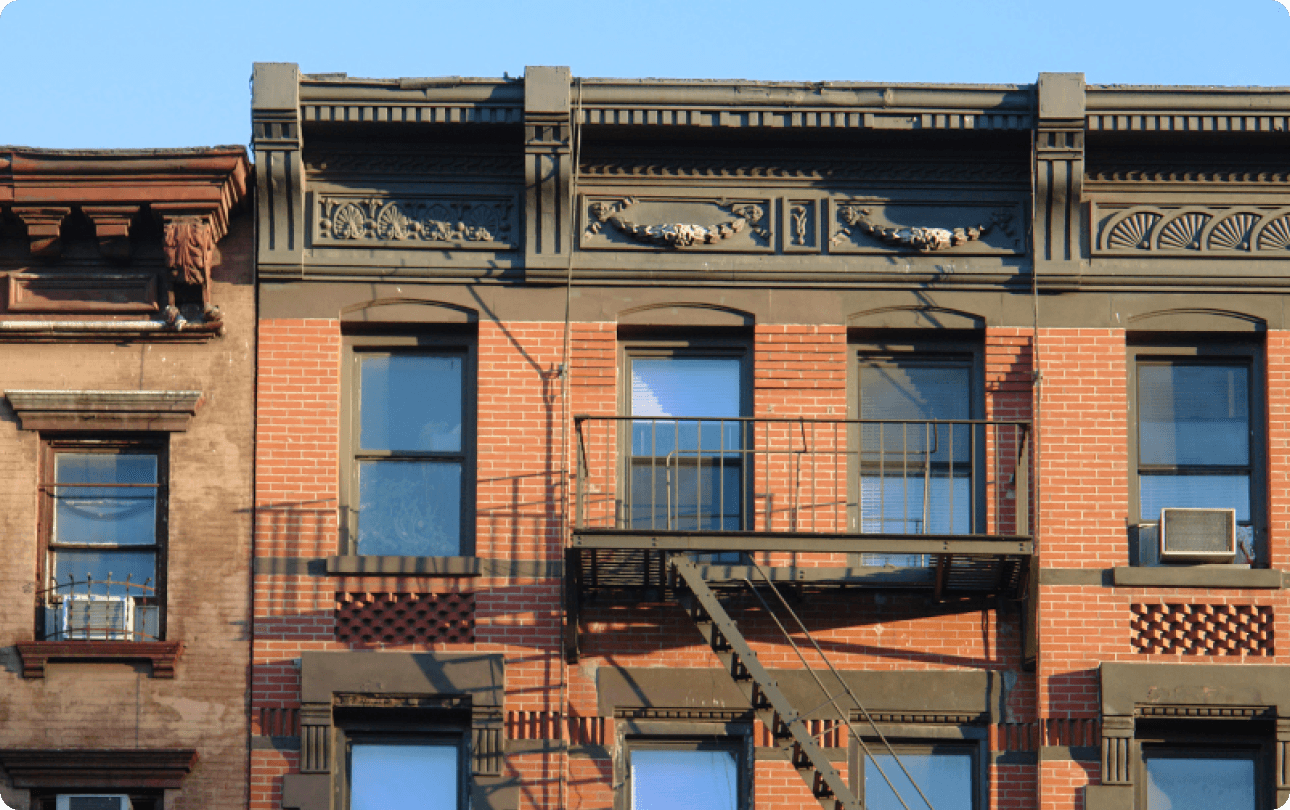In California, due to AB-1482, there is a statewide rent cap which means property owners and operators are allowed to raise rent by a maximum of 5% plus the local annual inflation rate or 10% total, whichever one is lower. For example, if the annual inflation rate is 3%, a property manager could raise the rent by 8% total.
With the inflation rate in California currently at a very high 9.1%, property owners and operators are now limited in how much they can increase rent.
In this blog, we'll dive a little deeper into AB-1482 and the rent cap, as well as which properties are exempt from the controls.
What is AB-1482?
With approximately half the population of California currently living in a rented property, and the price of rent rising steadily over the last couple of decades, many renters are feeling the pinch. Add into that equation a global pandemic and it's clear that the government needed to take action.
AB-1482, which went into effect on January 1 2020 and will last until January 1 2030, is essentially a rent control measure that ensures property operators in California cannot raise rent costs by more than 10%.
This ordinance was put in place to tackle the growing number of evictions happening throughout the state. From July 2020 through March 2021, authorities across the state's 58 counties completed over 7,500 evictions.
Are there exceptions to the rent cap?
While AB-1482 is a statewide initiative, this doesn't mean that every property in California will be covered under the rent control measures. So, which properties are exempt?
Single-family homes
Generally speaking, houses in California will be excluded from the AB-1482 rent law. However, if the building is owned by a real estate investment trust (REIT), corporation, or LLC where at least one of the members is a corporation, then it will fall under the regulations.
Duplexes
Duplexes are included in the controls set forth by AB-1482. However, if you as the property owner or operator live on-site in one of the other properties, then the building becomes exempt.
Condos and new builds
If your property was built no more than 15 years ago then the laws of AB-1482 do not apply to it. So if you're thinking of building a new rental property in California, that too will be exempt from the ordinance.
Commercial buildings
AB-1482 does not apply to commercial buildings.
What does this mean for property operators?
As a property operator in the state of California, you should be up to date on the parameters of AB-1482. Whether or not your property is exempt, there are tools and resources available to help attract more renters and increase your protection.
TheGuarantors’ Deposit Coverage is a security deposit replacement that makes it simple and inexpensive for renters to afford the up-front costs associated with moving into your property by allowing them to lower move-in costs while ensuring you get the right levels of protection against damages.
In addition, our Rent Coverage product serves as a lease guarantee and allows you to approve renters who may not otherwise meet traditional application requirements while lowering your risk exposure and by ensuring you have the rent default protection you need to keep your bottom line strong.
Get in contact with our team today for more information on how our products can strengthen your bottom line.



